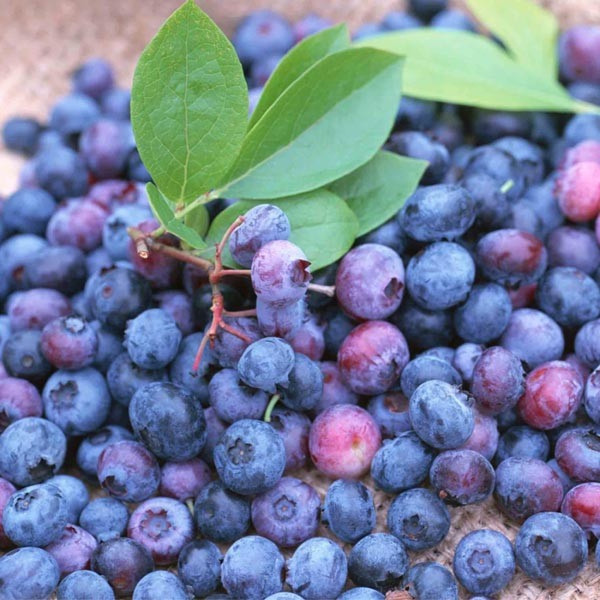Berries May Slow Memory Loss: Other Health Effects Of These ?Superfoods?

Blueberries and strawberries are more than just summer treats; eating berries may also slow memory loss in women, according to a new study.
Women who eat a half cup of blueberries or one cup of strawberries every week have a slower rate of cognitive decline than women who do not, researchers said. Consuming berries weekly could delay memory loss by as much as 2.5 years as women age.
Our findings have significant public health implications, as increasing berry intake is a fairly simple dietary modification, Dr. Elizabeth Devore, lead author of the study and professor of medicine at Harvard Medical School, said in a statement.
Some researchers criticized the study for implying that the berries directly caused the slowed cognitive decline, when it actually just created a link between the two.
This is an association or correlation -- it is not proof of causality, Dr. Clifford Saper, professor of neurology at Harvard Medical School, who was not involved in the study, told ABC News. We do not know what component of the berries may have caused [the effects]. So, to say that higher intake of flavonoids appears to reduce rates of cognitive decline is just not valid.
The study also looked only at women and did not factor in other aspects of their diet or how much the women exercised -- two factors that are linked to better health, Saper said. The study was partially funded by the California Strawberry Commission, which creates a potential conflict of interest.
Researchers conducted surveys in two-year and four-year intervals on over 16,000 women between 1976 and 2001, tracking their berry consumption. Between 1995 and 2001, researchers administered memory tests every two years to women over the age of 70 and found women who ate more berries had slowed cognitive decline.
The exact mechanism of protection is unknown, but researchers attributed the slowed decline to the berry's high levels of antioxidants such as anthocyanidins and other flavonoids, which are linked to increased brain function and a host of other beneficial effects.
Foods rich in anthocyanidins and flavonoids are dubbed superfoods because of their potent health benefits. Studies found that foods high in these antioxidants may slow the development and spread of cancer, help regulate high blood pressure, and even reduce high cholesterol levels. Food and drink such as dark chocolate, red wine and tea also have antioxidants, but not in the same quantities as berries.
Small studies have also shown fruit juices rich in flavonoids to improve intellectual performance in small trials, according to ABC News.
Antioxidants block toxic compounds called free radicals that can damage brain cells and other cellular processes, according to the study. The toxic compounds are thought to be generated by mitochondria, the power plant of cells, as a byproduct. The antioxidants may interfere with free radicals before they can cause damage.
We know that flavonoids in fruits and vegetables act as really good protection for a range of chronic diseases, Nancy Copperman, director of public health initiatives at the North Shore-LIJ Health System, who was not involved in the study, told WebMD. And now, with this study, they've actually looked at how these flavonoids, especially the types of flavonoids found in blueberries and strawberries, really might protect cognitive function.
© Copyright IBTimes 2024. All rights reserved.




















